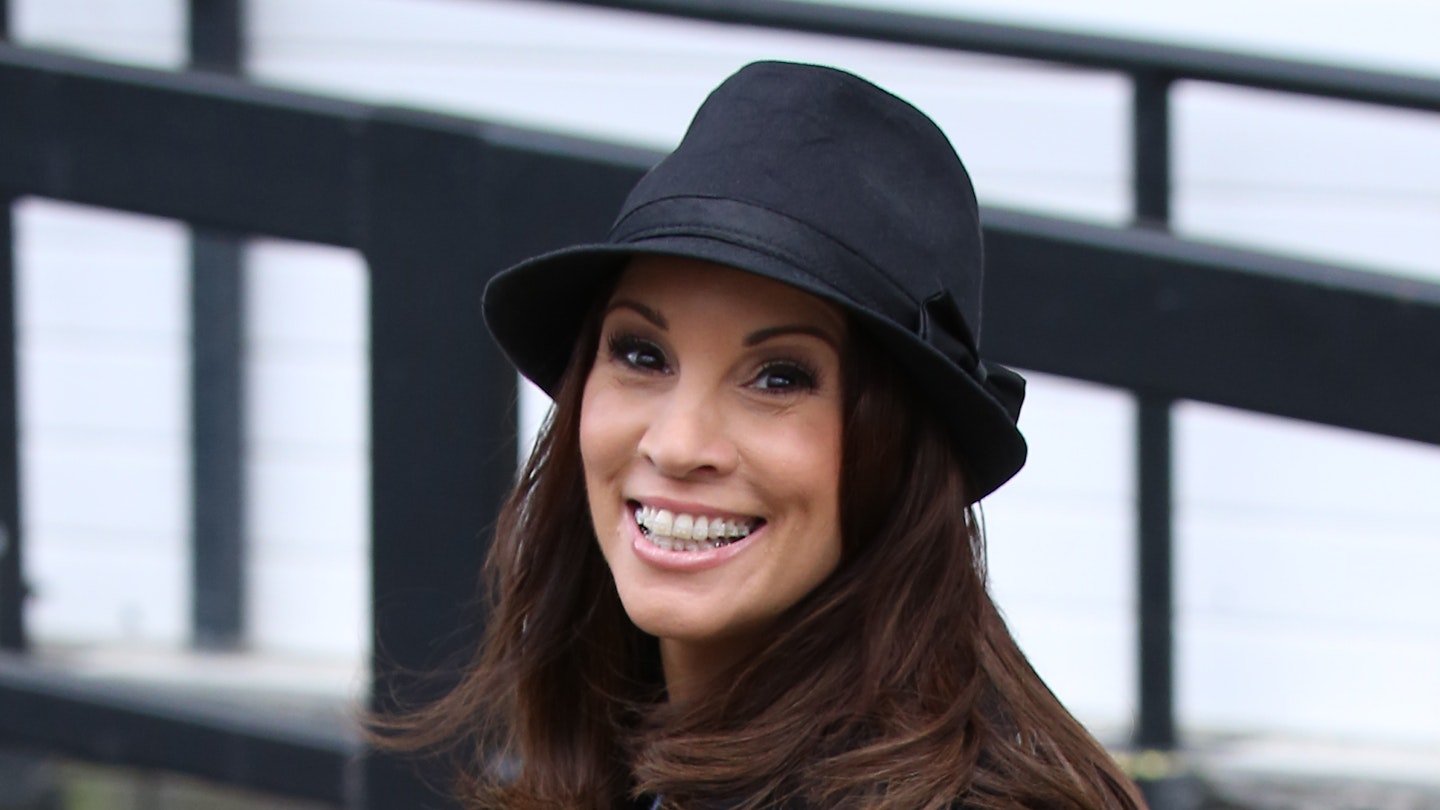In the two years after giving birth to her second child in 2006, Andrea McLean suffered from post-natal depression and had difficulty coping with motherhood, the TV presenter bravely revealed yesterday.
Speaking on ITV’s Loose Women, the mum-of-two explained that during her lowest points, she was consumed with the notion that her entire family would be better off without her.
Although she found it difficult to speak up and seek help due to fears her baby Amy (now 9) would be taken away from her. Like many other women who suffer with the terrible condition, Andrea admitted she sadly felt too ashamed to seek help, too.
"I was working on Loose Women at the time. People would see me, sitting here, I'd be smiling and interested in what people had to say. But in the car on the way home, I'd be sobbing.
"Before I'd walk through the front door, I'd pull myself together and smile for everyone because I didn't want to burden anyone with it. So I became very good at hiding my emotions.
"I have always been the strong one in my family. I saw this as a sign of weakness - I wasn't coping and I couldn't understand why because I'd had a baby before and was fine."
As well as Amy, the Scottish TV personality also is mother to Finlay, 14, and the 46-year-old spoke candidly about her experience on the chat show as a part of the Lighten The Load campaign raising awareness about mental health in partnership with charity Samaritans. She said:
"We need to encourage people to speak out about depression but if we're going to talk about it, we need to know what to say.”
Andrea revealed that, in her own experience, she was told she was ‘selfish’ when admitting to her feelings, as she should feel blessed as a new mum. To which she stressed: "Being told you're selfish can just make people feel ten times worse."
Even to doctors, she lied about feeling down in fear of being viewed a bad mother.
But underneath that she admitted: “I felt like my family would be better off without me. I felt my daughter would be better off."
In a bid to give hope out there to other mums experiencing similar emotions, she said despite still feeling low sometimes, it does get better, and offered up her own way of coping with depression.
“I like to treat my brain like I do my body now. If I sense my mood is starting to slip, I go to the gym to keep my brain fit and healthy. I also meditate and just try to take a step back. Trust me, it works!"
Also read…
Do I have postnatal depression? Causes, symptoms and treatments
Antenatal depression: Everything you need to know about depression during pregnancy
Please visit www.samaritans.org for information and support with depression, and visit www.itv.com/loosewomen to find out more about the Lighten the Load campaign.
